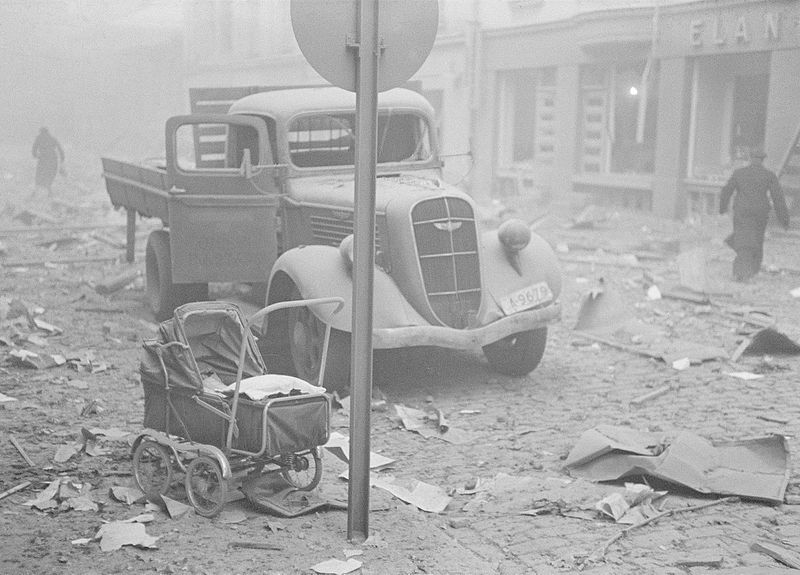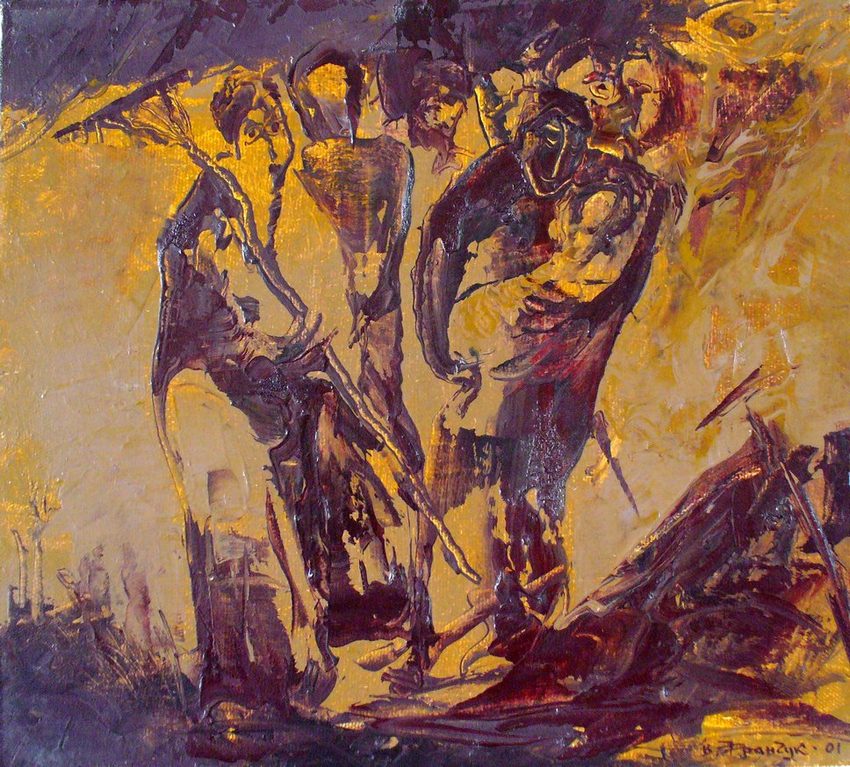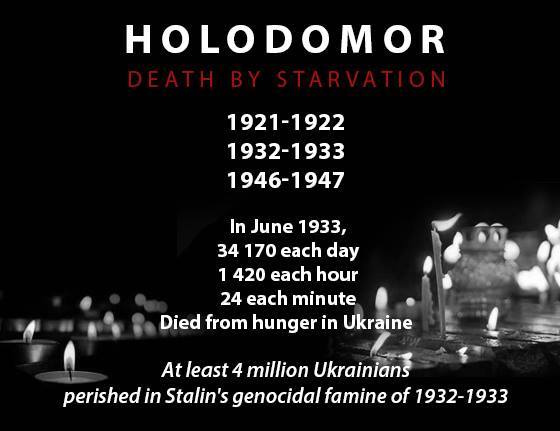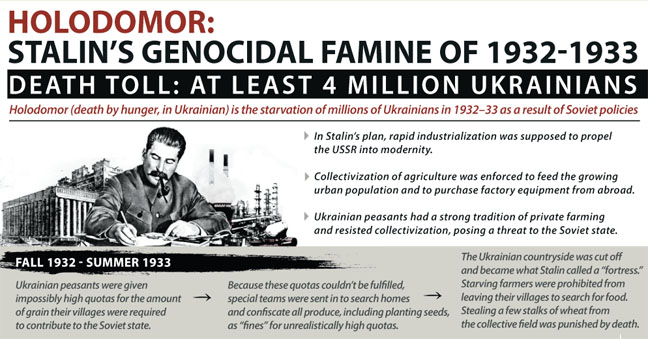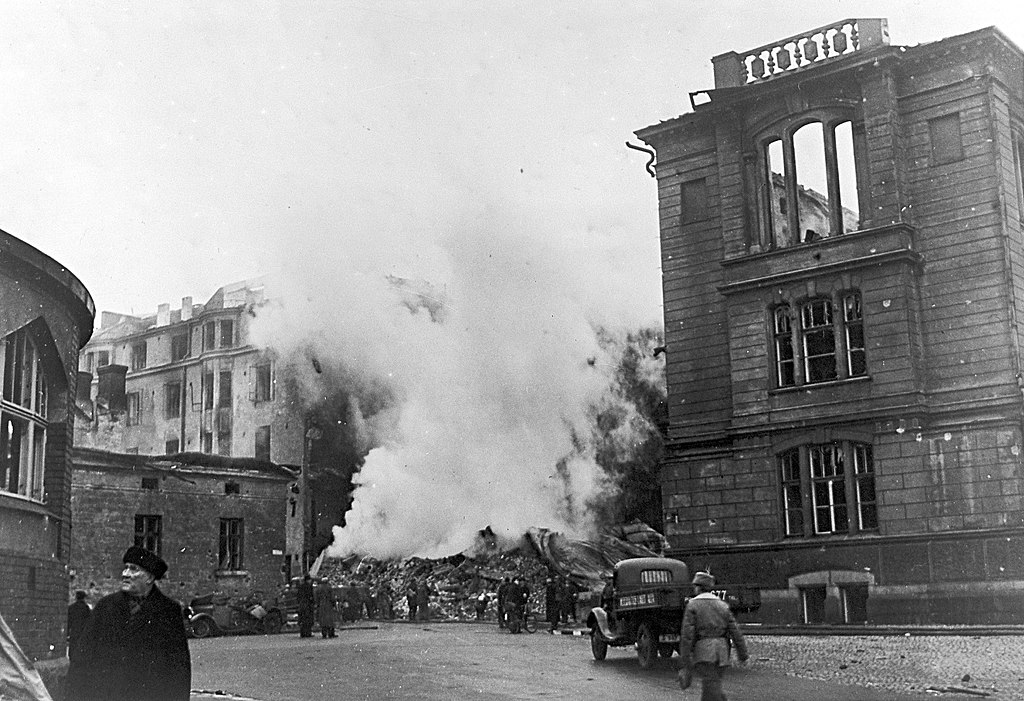
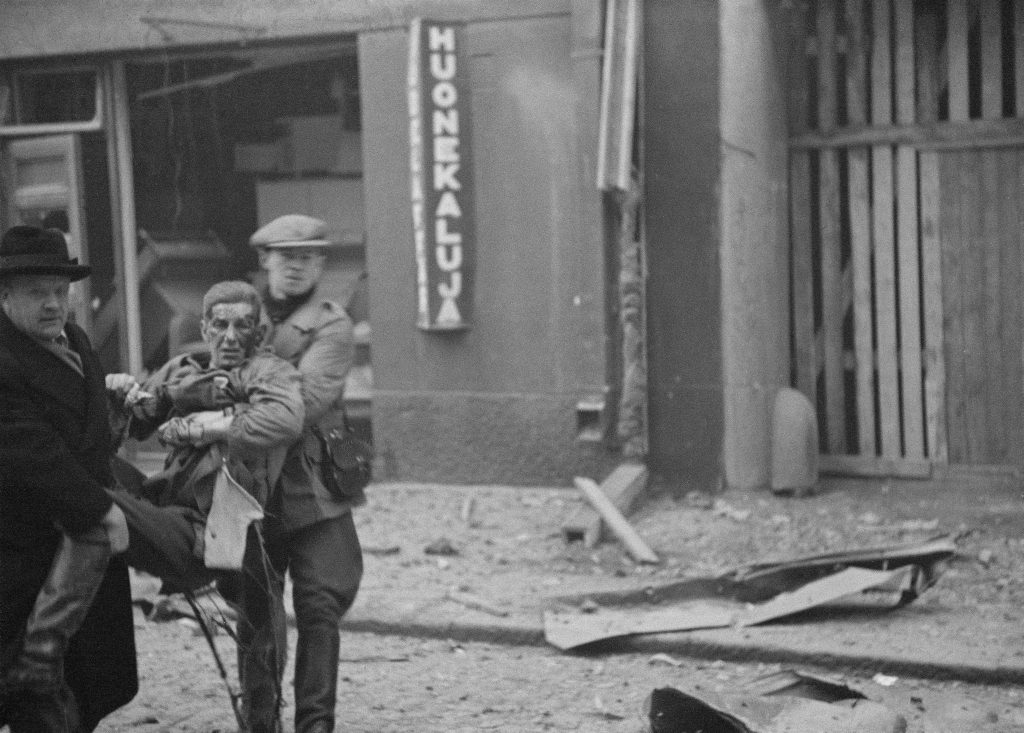
Further Reading:
- Shmulyevich: Putin to reprise Stalin’s Winter War in Finland strategy against Ukraine
- Moscow analyst: the Kremlin won’t accept Finlandization of Ukraine
- When Ukrainians came to the aid of Finland against USSR — recalled and celebrated
- Putin on Ukraine repeats Molotov on Finland
- Putin has crossed a Rubicon – Will the West respond?

